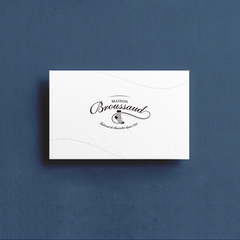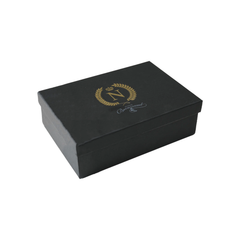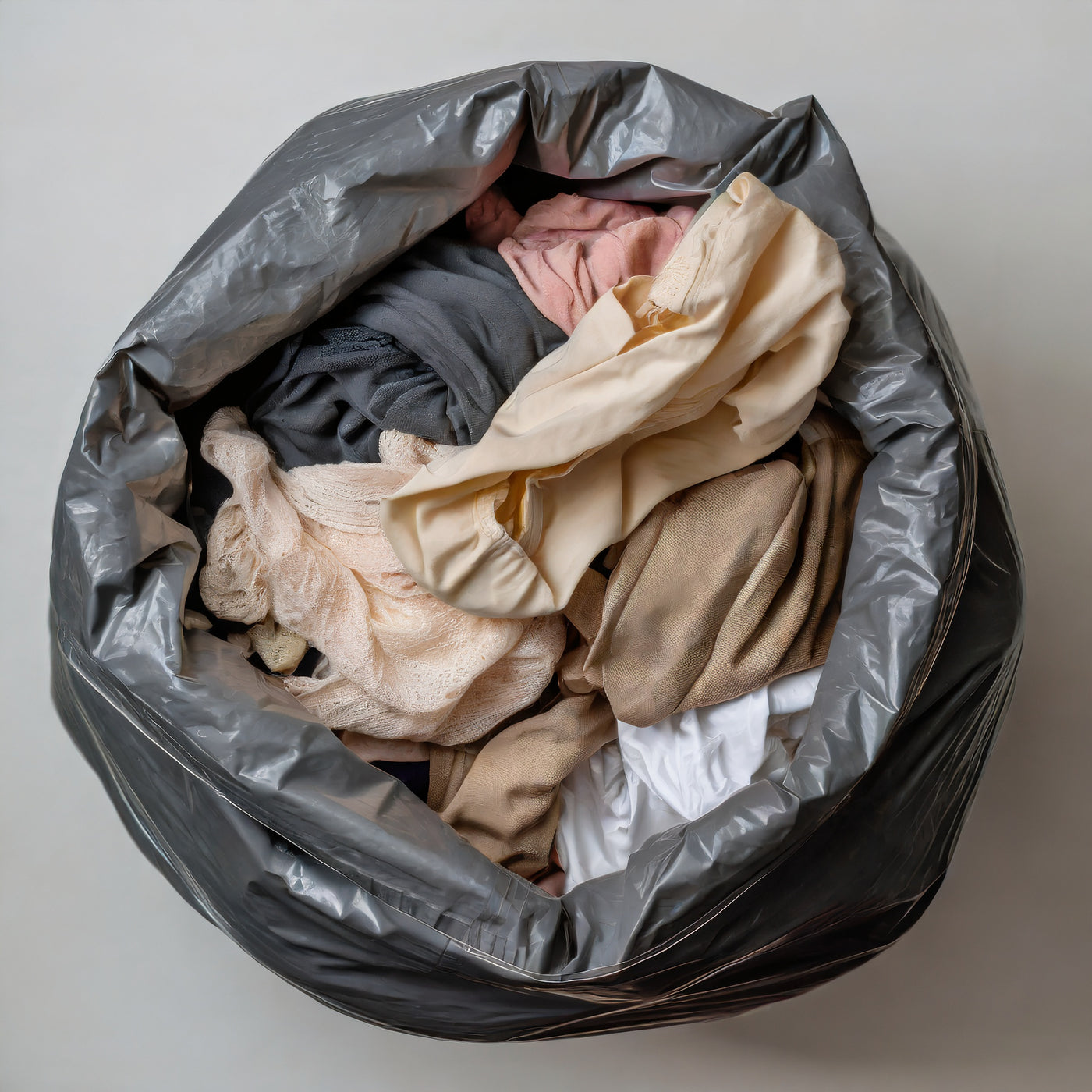
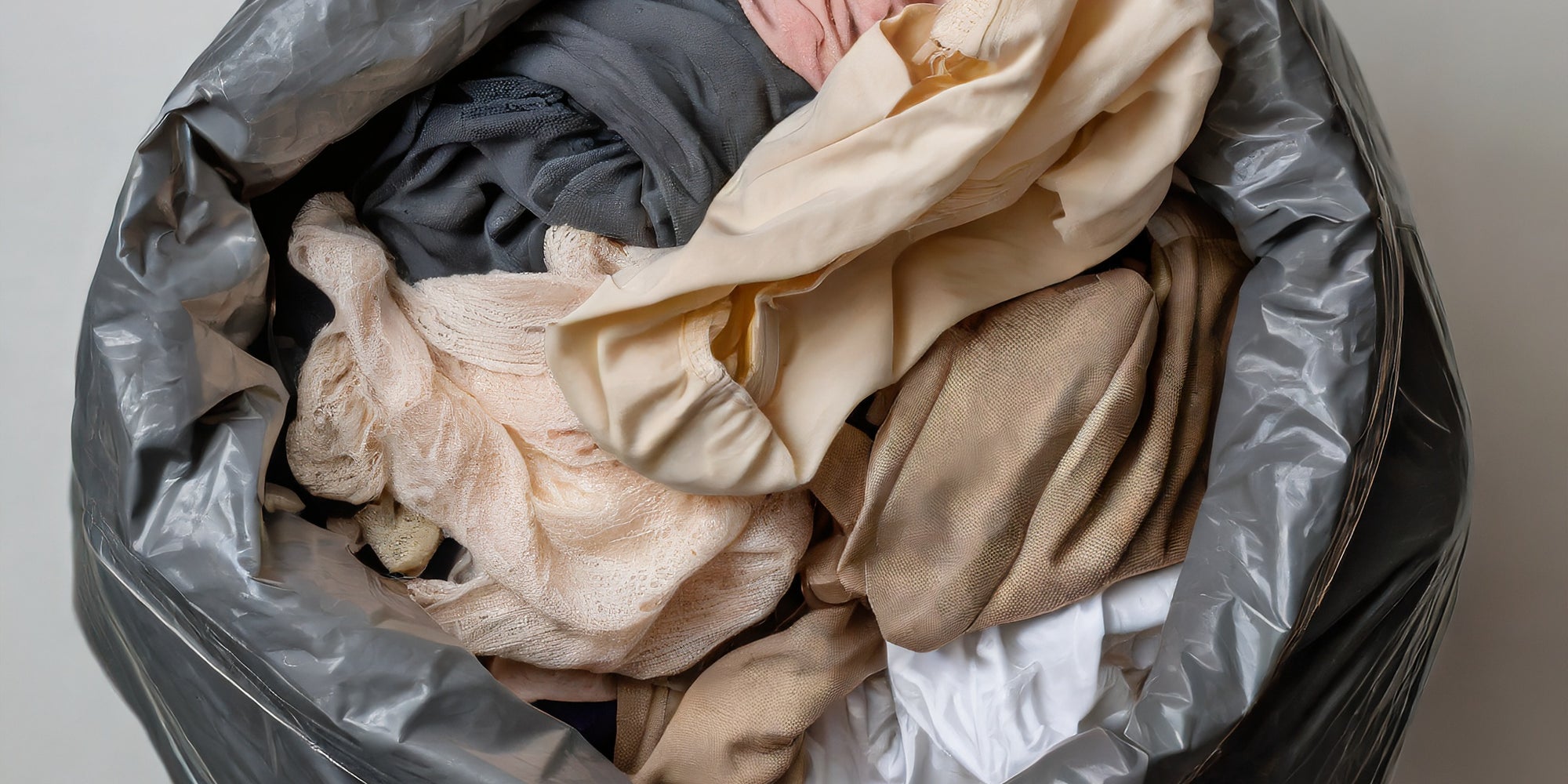
European law: towards the end of the destruction of unsold clothes?
The European Union recently took a decisive step forward by adopting legislation to put an end to the destruction of unsold clothing. This initiative marks a significant shift in the way industries approach sustainability. For Maison Broussaud, a French sock manufacturer, this development highlights the growing importance of eco-design and environmental responsibility. In this article, we examine in detail the implications of this new law, its impact, the role of the Digital Passport and the reactions of the European sector.
Why is the ban on the destruction of unsold clothing important?
The recent law on the destruction of unsold clothing marks a major turning point in the fight against waste. This decision aims to fundamentally transform the way companies manage their surplus products.
The ban does not affect small businesses and will take effect two years after the law is enacted. A period of six years will be granted to medium-sized companies. Importantly, it marks the end of a harmful practice which has long characterized the fashion industry .
Now, businesses will need to rethink their approach to production and inventory management. This transition towards sustainability will help reduce waste , but also encourage more responsible practices.
Good to know : Large companies will be required to disclose each year the number of products scrapped and to justify this practice. 
How does the new legislation promote ecodesign?
As we have discussed, this new European law marks a significant step forward towards a more sustainable approach to clothing production. By putting an end to the destruction of unsold goods, it encourages companies to rethink their design processes and minimize their environmental impact.
The legislation will introduce specific requirements that aim to make products more reliable, reusable and repairable. It therefore encourages the use of sustainable materials and production practices that respect the environment . The objective is to promote the circular economy, in particular for high-impact products such as textiles. This transition to eco-design paves the way for better quality clothing , designed to last. It thus helps to reduce overconsumption and waste.
At Maison Broussaud, we have long been pioneers in eco-design. Our high-end socks are the result of certified artisanal know-how and numerous commitments . In our French sock factory , we adopt eco-responsible manufacturing practices. We strive to minimize our environmental impact, while providing quality products to our customers.
What role does the “Digital Passport” play in the transformation of consumption?
At the heart of this new European law, we find a revolutionary initiative: the “Digital Passport” . For Maison Broussaud and other companies concerned with transparency, this concept promotes an era where consumers can make more informed and responsible choices.
The Digital Passport takes the form of a “QR code” for each item of clothing and consumer product. This type of two-dimensional barcode contains essential information about the environmental impact of the item , its traceability and the materials used during its manufacture.
We welcome this initiative which enables informed purchasing decisions and more sustainable consumption practices . By providing consumers with clearer information about their products, we encourage transparency and build trust. 
What are the reactions of businesses and European employers?
The historic agreement on the ban on the destruction of unsold clothing and the introduction of the Digital Passport is not without raising questions. Reactions are very mixed within businesses and European employers. While some welcome this progress towards a circular economy, others express concerns about these new administrative constraints.
Alessandra Moretti, Social Democrat MEP, comments that it is time to end the “extract, make, throw away” model which is harmful not only to our planet, but also to our health and our economy. Markus Beyrer, Managing Director of BusinessEurope, welcomes the potential of this agreement to create a strong market for circular products . However, he also fears that the expected information requirements are unachievable and overburden businesses.
Although the text has been negotiated for several months by the co-legislators of the European Union, it must still be formally approved by MEPs in plenary session and by the Member States.
How does Maison Broussaud participate in more sustainable production?
At Maison Broussaud , reducing waste is one of our priorities. Being a brand that manufactures socks, we have complete control of our stocks and our production. This is what gives us the opportunity to produce our accessories in small quantities and on demand, to avoid any overproduction.
For each new collection of men's socks or women's socks , we try to use as much as possible the colors of yarn that we already have so as not to throw them away. The waste from the manufacturing of our socks is recycled as soon as possible by a French spinner. They simply allow you to reconstitute a new thread, to make new pairs of socks.
We are convinced that this new European legislation represents an important step towards a more sustainable and responsible fashion sector. These changes give us the opportunity to strengthen our commitment to quality, sustainable products that respect our planet. We hope this development will further encourage businesses to contribute to creating a thriving circular economy .
